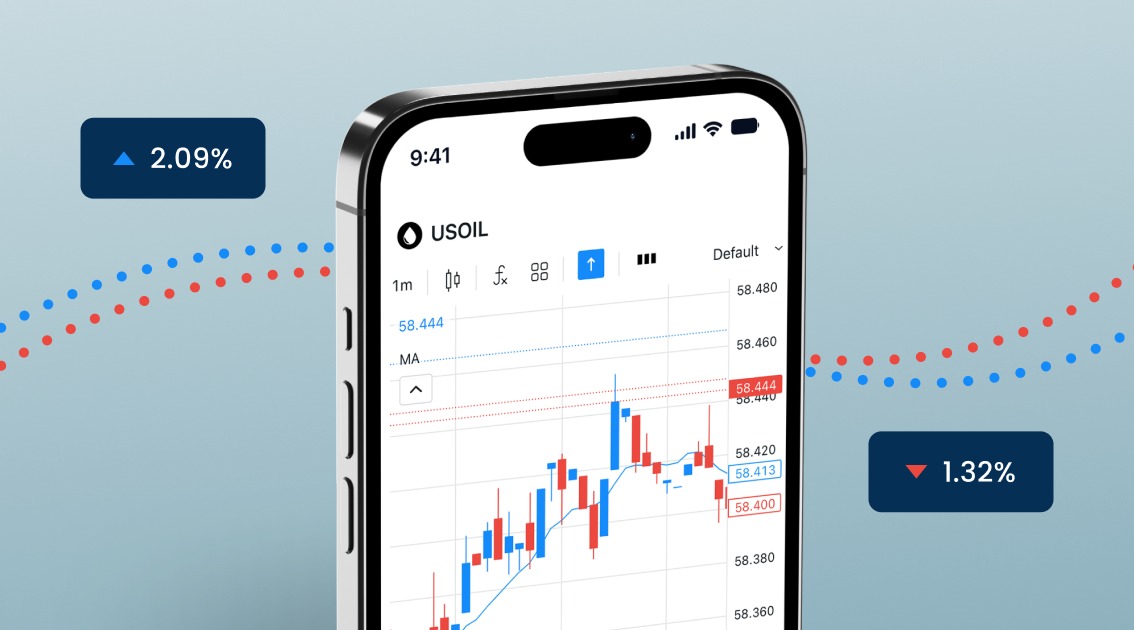The way that people in Africa receive financial services is changing because to mobile banking. This is especially true in rural locations, where typical banking services are hard to come by and can require lengthy travel times to acquire.
This article will examine the effects of mobile banking on rural areas in Africa, and how it promotes economic development and financial inclusion.
Rural Africa's Banking Situation
The availability of financial services has historically been restricted in rural Africa. Only 34% of individuals in sub-Saharan Africa have access to formal financial services, according to the World Bank.
This percentage falls to just 14% in rural areas. Numerous factors contribute to this lack of accessibility, including a dearth of bank locations, poor infrastructure, and low financial awareness among rural residents.
African Mobile Banking's Emergence
The difficulties of gaining access to traditional financial services in rural Africa have given rise to mobile banking as a potential solution. In Africa, the number of mobile phone users has significantly increased during the last ten years. As a result, mobile banking has emerged as a viable option for people who lack access to regular banking services to receive financial services.
Mobile Banking in Rural Africa: Benefits
Africa's rural inhabitants can profit greatly from mobile banking. Its capacity to boost financial inclusion may be its most significant advantage. Mobile banking has given millions of previously unbanked people access to financial services by allowing them to execute financial transactions using their mobile phones. This has aided in boosting economic expansion and lowering poverty rates in rural areas.
Additionally, the effectiveness and transparency of financial transactions have been enhanced via mobile banking. People can perform transactions safely and openly via mobile banking, lowering the danger of fraud and corruption.
This has aided in boosting banking system credibility, encouraging savings, and encouraging investment in rural areas.
The ability of mobile banking to spur innovation in the financial industry is another advantage. Fintech businesses now have the chance to provide cutting-edge financial products and services that are specifically suited to the needs of rural communities thanks to mobile banking. These developments have included investing platforms, mobile-based loans, savings, and insurance solutions.
Rural Africa's Mobile Banking Challenges
Mobile banking in rural Africa confronts a number of difficulties despite its many advantages. The absence of digital literacy in rural communities is one of the biggest obstacles. Many residents in rural areas are still unfamiliar with mobile technology, and they might not understand how to utilize mobile banking efficiently. Low adoption rates and little use of mobile banking services may result from this.
The lack of infrastructure in rural places is another problem. It might be challenging for users to use mobile banking services in many rural areas of Africa due to the lack of access to electricity and the Internet.
To fully exploit the potential of mobile banking in rural Africa, substantial investment in rural infrastructure is required. This has led to the creation of creative solutions like solar-powered mobile banking kiosks.
Mobile Banking in Rural Africa: Future Prospects
Despite these obstacles, mobile banking in rural Africa has bright future prospects. More people in rural Africa will be able to access financial services as mobile banking becomes more widely available and more reasonably priced as technology develops. This will boost economic expansion, generate employment, and lessen poverty.
The possibility of empowering women economically is one of the most intriguing possibilities for mobile banking in rural Africa. Women can use mobile banking to get around traditional hurdles to financial access, like cultural and societal norms that limit their freedom of movement. Women can access savings, insurance, and credit products with the aid of mobile banking, enhancing their ability to start and build their own enterprises as well as their financial independence.
Can Mobile Banking Help Create a Better Future in Rural Africa?
Mobile banking has revolutionized the way Africans access financial services, especially in rural areas. As such, it becomes fairly obvious that mobile banking can certainly empower rural communities in Africa in several different ways, namely through better access to financial education, microloans, and customized financial products that can help them improve their economic situations.
Financial Education
Financial education is an essential component of mobile banking in rural communities. By providing financial education, mobile banking service providers can help rural communities understand how to use financial services effectively. This includes understanding how to save money, budget, and manage debt. Financial education can also help rural communities understand the benefits of using mobile banking services over traditional banking services, such as the convenience and lower costs of mobile banking.
Microloans
Microloans are small loans provided to individuals and small businesses who may not have access to traditional banking services. In rural areas, microloans can be used to support small businesses, agriculture, and other income-generating activities. Mobile banking service providers can provide microloans to rural communities through their mobile platforms, making it easier for rural communities to access these services. Mobile banking service providers can also use mobile data to assess the creditworthiness of rural communities, making it easier to provide loans to individuals and businesses in these areas.
Customized Financial Products
Mobile banking service providers can develop customized financial products for rural communities. These products can be tailored to meet the unique needs of rural communities, such as providing insurance for crops or livestock. Mobile banking service providers can also work with local cooperatives and other organizations to provide financial products that are specific to the needs of rural communities.
Conclusion
The way that people in rural Africa obtain financial services is changing thanks to mobile banking. Mobile banking is promoting financial inclusion and economic development in rural areas by giving previously unbanked individuals access to financial services.
Numerous advantages of mobile banking include improved financial transaction efficiency, transparency, and innovation. However, it has issues including poor infrastructure in rural areas and a lack of digital knowledge.
Mobile banking in rural Africa has a bright future ahead of it, with the ability to empower women economically, create jobs, and fight poverty. For mobile banking in rural Africa to fully achieve its promise, more funding is required for rural infrastructure and digital literacy initiatives.
For rural populations in Africa, mobile banking has fundamentally changed the game by allowing them to access financial services that were previously inaccessible. This is paving the way for a better future for rural Africa by promoting economic growth and lowering poverty.

















